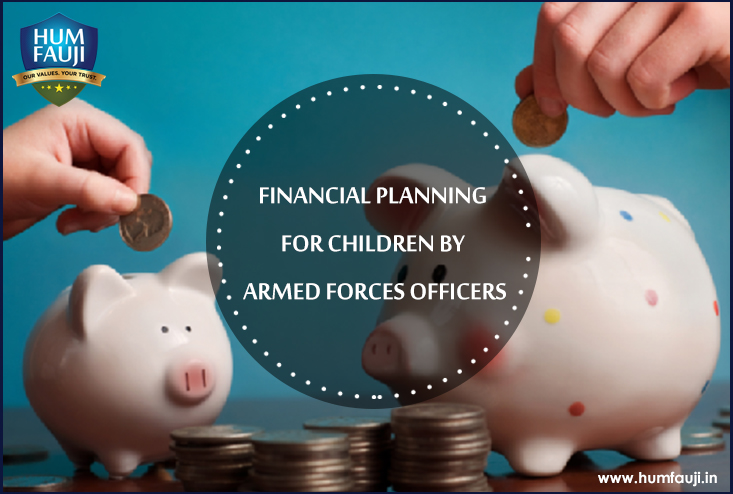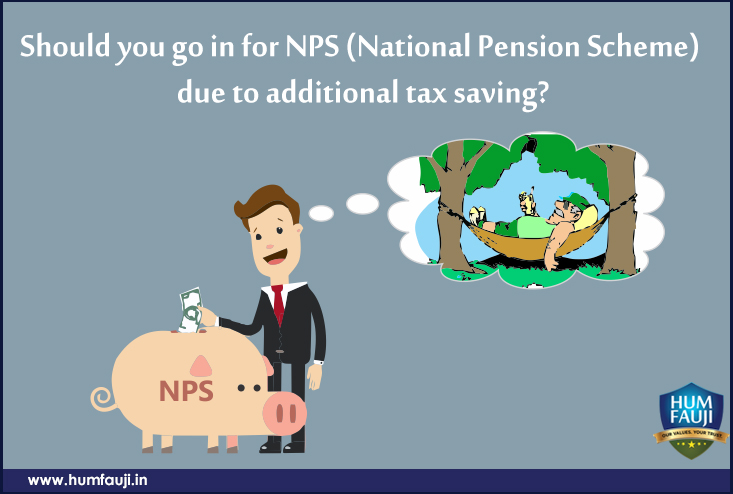1) The first is on the 7th Pay Commission/OROP. According to reports, the government is considering asking government employees to put some money that they will get from the 7th Pay commission’s award into a fund to recapitalise PSU banks.
Our story would be on what financial planners think about using the money received by government employees. What they should do? How to do asset allocation? Who should take risks and who should not? How to adopt a balanced approach?
Also how should services pensioners use the money from OROP? How should their strategy be different from others who get 7 CPC payout?
There is no doubt on how should the bulk money be used which they get as arrears of 7th CPC / OROP. It simply has to go in for meeting their financial goal requirements. And that is where the asset allocation and risk attitude should flow from. However, there would be a few points to be kept in mind while doing that:-
- Emergency fund creation is the prime and foremost requirement. Before anything else, before even catering for the goals of life, one has to be prepared for whatever life has to throw at you as unforeseen surprises. Most of the people are oblivious to this and do not cater for it. This results in costly loans, embarrassing borrowings from friends and relatives or emptying long term coffers like the PF as an emergency measure. As a thumb rule, about six month’s expenses should be catered for as emergency fund. Where to keep it? Multiple small bank FDs or liquid mutual funds would be ideal for it.
- Then comes the life’s financial goals. They too can be divided into two: critical goals – those which have to be met at all costs, like children education and marriage, retirement and medical expenses – and, the life style goals – like changing car regularly, vacations within the country and abroad, own leisure and passion activities etc. Retirement and medical expenses may not be critical for the Govt servants (those who are to receive the CPC and OROP benefits) since they’ll get pension and generally life-time free medical facilities for self and dependents. However, if they aspire for a life style better than what Govt pension can offer them or they are not likely to be happy with the Govt provided medical facilities, then these also need to be catered for.
- Asset allocation should be considered the final frontier of life’s financial planning. Whatever wealth creation or destruction takes place finally, is generally due to correct or incorrect asset allocation. An asset allocation directly results as a delicate balance between your future money requirements, indicating the type of investment avenues you should invest in, and your risk attitude and risk taking capacity. As a general rule, equity for long term and debt for the short term, with real estate and gold figuring somewhere in between depending on their future outlook as both these physical assets are very much dependent on their seasonal cycles.
- Risk taking is erroneously tagged to age, even by many financial planners. It is an attitude as also the capacity, latter being dictated more by your current financial well-being. Hence, it is always better to go in for a psychometric risk profiling rather than guessing the same by ‘indications’ of behaviour. Thus, risk aptitude, not supported by risk capacity in financial terms, should invariably be kept conservative. Vice versa is also equally true.
- As far as service pensioners are concerned, OROP is applicable primarily to those who have retired quite some time back. Barring a few who opted for the VRS (called PMR – Pre Mature Retirement – in the services), the bulk consists of people who have superannuated. Being senior citizens, it is expected that they would be largely free of their family obligations, free of any compulsory requirement for wealth creation and generally would have children fully settled. There is, therefore, no need for them to take risks with their money if not required. They should generally go in for safe investing avenues like tax-free bonds, PPF and debt mutual funds since stress should be on just topping the long-term inflation rates after tax. Even tax unfriendly avenues like bank and corporate FDs can be used intelligently to minimise taxation.
2) The second story is around the new financial year. The theme is ‘Financial planning for the year. Thing you should do upfront’. This would basically list out steps you should take at the beginning of the year for a better planned finance for the year. It would be nice if you could give us some pointers on this.
Like the beginning of calendar year resolutions, beginning of financial year should be the time for financial resolutions. The steps that can be taken which will result in a better financial year should be as follows:-
- Take a firm hold of what are you expecting to earn in the year. This will make it clear as to what are going to be your tax liabilities. For a change, instead of investing in March for tax saving for the dying FY, do it in April for the new FY. It will be more comfortably done and in a better manner. Probably last minute bank 5-year FDs or NSC will get replaced by a ELSS SIP in your scheme of things which goes every month and results in a E-E-E taxation for you with better returns.
- Taxation drudgery done, look at your savings equation. Try to make it ‘Income – Savings = Expenses’ instead of ‘Income – Expenses = Savings’. It’ll result in a fuller life and minimise those ‘lifestyle’ expenses which actually only result in wasteful and avoidable expenses. And such a life-style change can only be done at the beginning of the year rather than when there’s no time left to act.
- See what expenses are coming up during the year, when are they coming up and how you’ll meet them. Don’t forget the big ticket expenses like the life and car insurance premiums. Any maturities of FDs, insurance and other investments be also considered. Workout on a simple excel sheet would do the trick on a lazy Sunday in April.
- As far as possible, make your savings automatic without needing your intervention. SIPs going from bank account, healthy PF outgo from the salary itself, ECS for insurance premiums etc are the planned tricks which go a long way in converting your money to wealth without hassles.
- Two important aspects – Will and charity. If you haven’t yet made a Will, get after it. Make it now yourself or seek professional help. Don’t ignore it. Similarly, when you earn well, give back something to the society which has given so much to you in plenty. Choose a cause close to your heart, make you contributions online and automated. Ultimately, this is what you will have to show when it counts and your children will know that you walk the talk.
- Lastly, life is about living it. Don’t forget to live a lifestyle you seek but overdoing it beyond a limit not only is an active wealth destroyer but also shows sooner than later around your girth!
Visit our Blog, https://humfauji.in/blog or facebook page http://www.facebook.com/HumFaujiInitiatives or follow us on Twitter https://twitter.com/#!/humfauji to get latest insight on matters financial














Leave a Reply